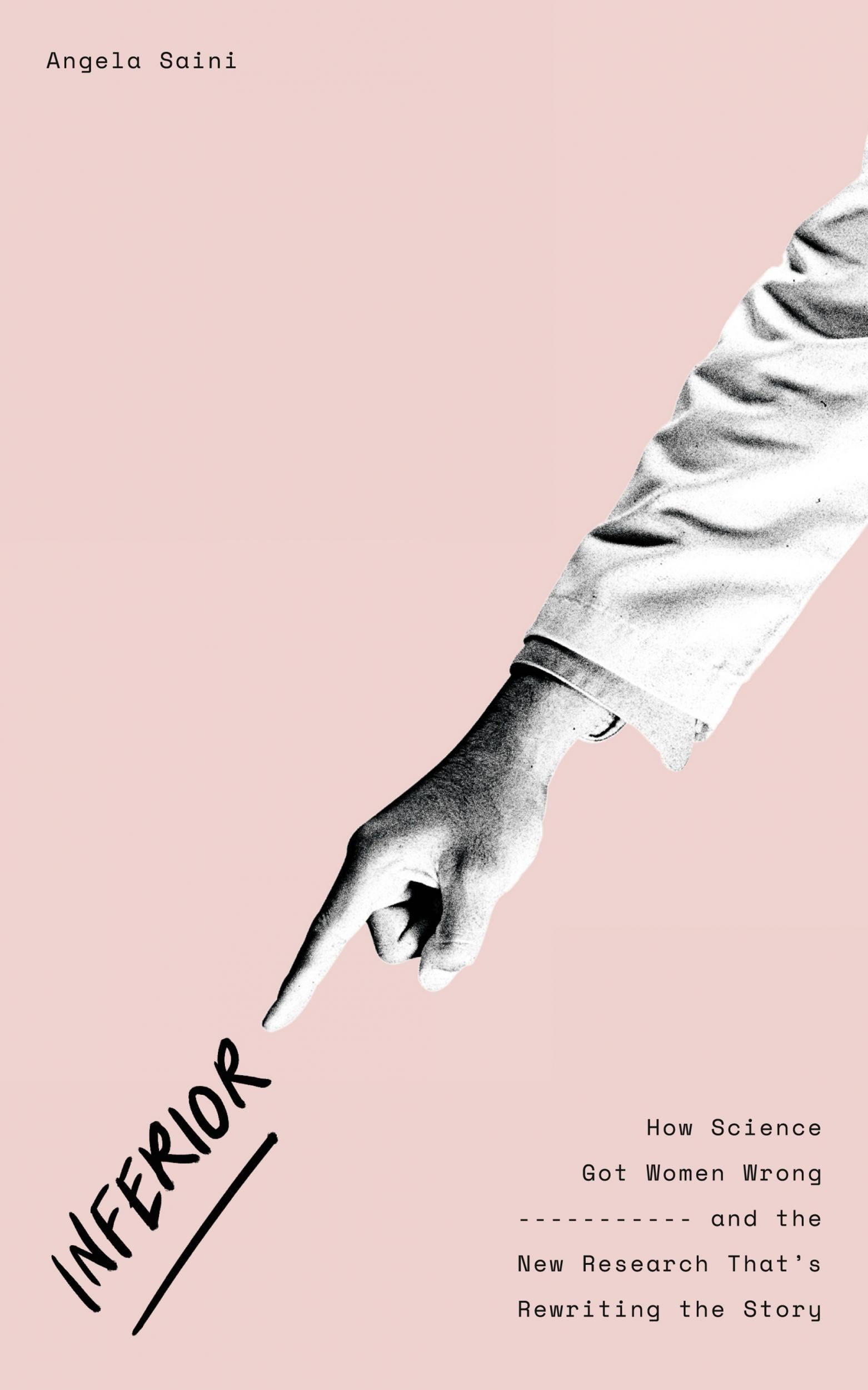Inferior by Angela Saini, book review: An enlightening account that shatters gender stereotypes
The science journalist deploys a heavy arsenal of data to dispel any myths about the differences between women and men

Your support helps us to tell the story
From reproductive rights to climate change to Big Tech, The Independent is on the ground when the story is developing. Whether it's investigating the financials of Elon Musk's pro-Trump PAC or producing our latest documentary, 'The A Word', which shines a light on the American women fighting for reproductive rights, we know how important it is to parse out the facts from the messaging.
At such a critical moment in US history, we need reporters on the ground. Your donation allows us to keep sending journalists to speak to both sides of the story.
The Independent is trusted by Americans across the entire political spectrum. And unlike many other quality news outlets, we choose not to lock Americans out of our reporting and analysis with paywalls. We believe quality journalism should be available to everyone, paid for by those who can afford it.
Your support makes all the difference.For centuries, humanity has relied on the science community to tell the objective truth about the world around us. But when it comes to women, it seems the truth may not be quite as cut and dried as we might like to believe.
In her new book, Inferior, science journalist Angela Saini paints a disturbing picture of just how deeply sexist notions have been woven into the fabric of scientific research – and how they are still being perpetuated within the science community today.
Armed with a heavy arsenal of data, Saini provides a gripping and much-needed account of how even the most impartial fields of scientific study have for centuries fallen prey to the biases of the patriarchal foundations they have been built upon. For hundreds of years, the author writes, it was common sense within the scientific community that women were the “inferior” sex. Even Charles Darwin, known as the “father of evolution”, insisted on his death bed in 1882 that women were at a lower stage of evolution – and that women “though generally superior to men [in] moral qualities are inferior intellectually”.
“To be fair to Darwin, he was a man of his time,” Saini writes. “His ideas on evolution may have been revolutionary, but his attitudes to women were solidly Victorian.” And yet, notions of women being “inferior” to men – physically and intellectually – have been perpetuated by scientists, predominantly male, in the decades since.
Early on in her treatise, Saini cites a 2012 study at Yale University in which more than 100 scientists were asked to assess a resume submitted for a vacancy for a laboratory manager. Every resume was identical, except that half were submitted under a female name and the other half under a male name. Scientists rated those with female names significantly lower in competence and hireability, Saini writes. They were also less willing to mentor them, and offered lower starting salaries. What’s more, Saini points out that the gender of the faculty participants did not affect their responses, such that female and male faculty were equally likely to exhibit bias against the female applicant.
“Prejudice is so steeped in the culture of science, their results suggested, that women are themselves discriminating against other women,” Saini warns. “Sexism isn’t something that’s only perpetuated by men against women. It can be woven into the fabric of a system.” The sheer amount of evidence Saini provides to demonstrate that patriarchy is alive and well within the science community and beyond is, at times, overwhelming.
The British journalist does, however, offer hope, amplifying the voices of the scientists who are presently exploring gender through a more modern scope and revisiting past landmark studies that have previously left society ill-informed. Saini’s work also presents the rest of the scientific community with an important challenge: to acknowledge and correct a deep-rooted bias – and to help rewrite the role of women in the story of human evolution.
‘Inferior’ by Angela Saini is published by 4th Estate, available 15 June 2017, £12.99
Join our commenting forum
Join thought-provoking conversations, follow other Independent readers and see their replies
Comments